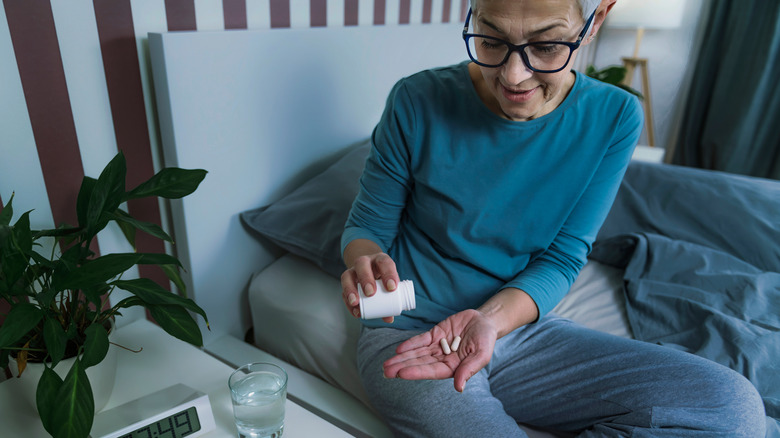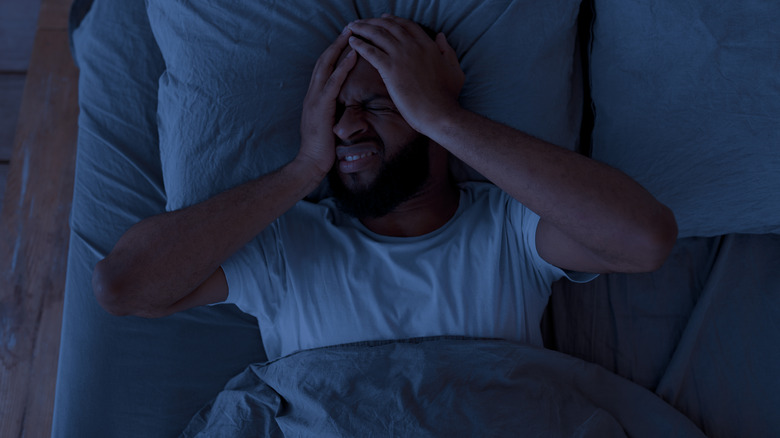
If you are taking Zoloft, a widely used antidepressant, you might be familiar with insomnia as a common side effect. Experiencing trouble falling asleep and staying asleep while on sertraline, the generic form of Zoloft, might lead you to consider using a sleep aid such as melatonin to improve your rest. But is this a safe option?
A 2022 survey conducted by SleepFoundation.org reveals that over 25% of U.S. adults use melatonin to aid their sleep. Melatonin is a hormone naturally produced by our bodies, with levels increasing at night to promote sleepiness (according to Johns Hopkins Medicine). However, activities like using smartphones before bed or lack of sunlight exposure during the day can disrupt melatonin levels and affect sleep. Taking a melatonin supplement of 1-3 milligrams a few hours before bed may be beneficial.
Zoloft, a selective serotonin reuptake inhibitor (SSRI), is often prescribed for mood disorders such as depression and anxiety (as noted by MedlinePlus). A 2009 study in the Journal of Psychopharmacology indicated that SSRIs could elevate melatonin levels in the brain. However, it remains unclear whether this is due to reduced depressive symptoms or the medication’s pharmacological action.
There’s a Moderate Interaction Between Melatonin and Zoloft

Generally, more research is needed to understand the effects of combining melatonin with Zoloft, as stated by Hims. Many individuals on Zoloft who face insomnia may try melatonin supplements, and it is usually deemed safe. However, SSRIs may increase brain melatonin levels, potentially intensifying the supplement’s side effects (information from Drugs.com). Typical side effects include nausea, dry mouth, drowsiness, daytime sleepiness, and headaches. Using both together might also lead to heightened dizziness, confusion, and concentration difficulties.
If you’re seeking alternative methods to enhance your sleep while on Zoloft, several options are available (via Hims). You might try taking Zoloft in the morning to see if this lessens its impact on your sleep. Since taking it close to bedtime may cause wakefulness, some individuals find a morning dose more suitable. Engaging in regular physical activity during the day can benefit both your mental well-being and sleep quality. Limit caffeine intake to the morning hours, and avoid alcohol, which is not recommended when taking Zoloft and can worsen sleep quality. Lastly, steer clear of blue light from screens like phones or TVs for at least an hour before bedtime.
“`




